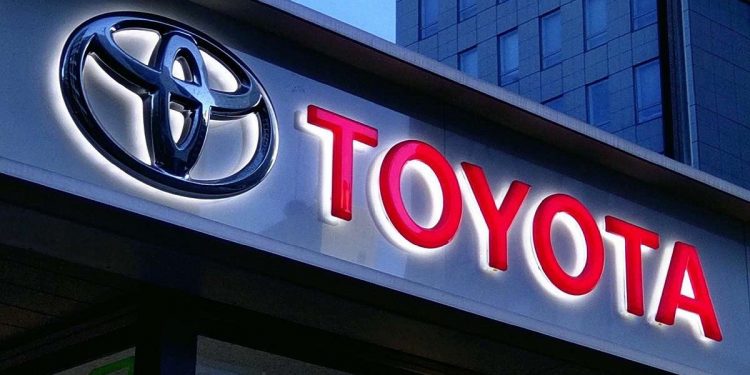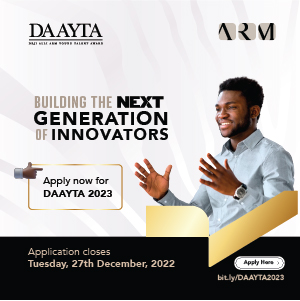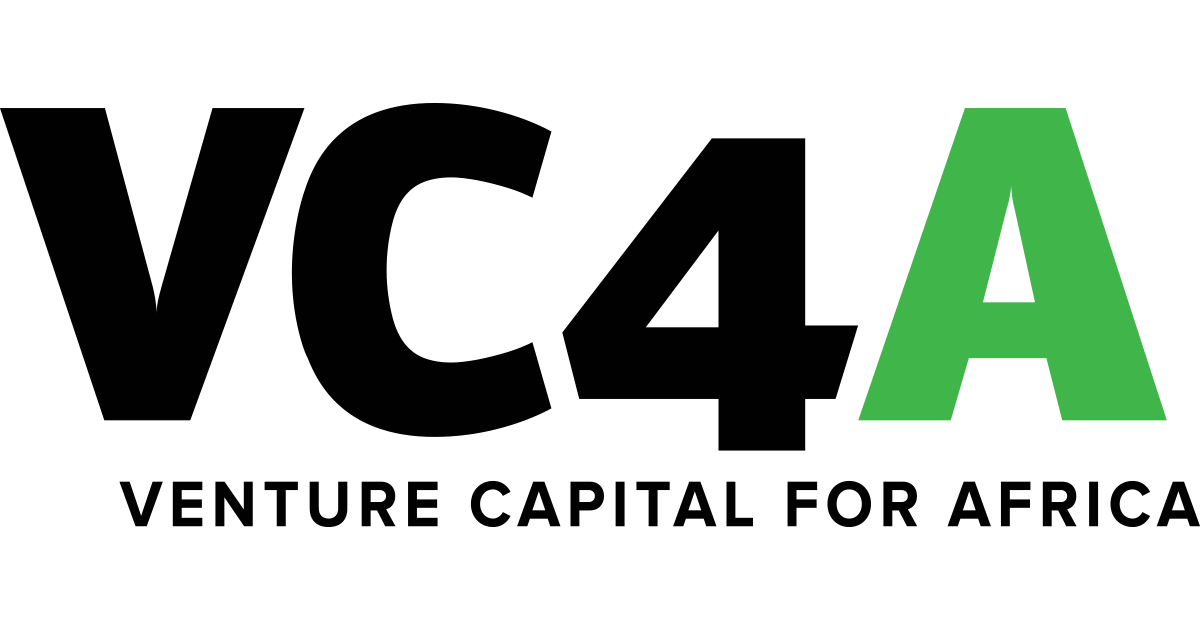Toyota is ramping up its innovation strategy with a new $1.5 billion investment designed to support startups from the earliest stages of development through to maturity, strengthening its influence across sectors such as mobility, climate technology, artificial intelligence, and automation.
The Japanese automaker unveiled two major initiatives this week. The first is the creation of Toyota Invention Partners Co., a new arm backed by about $670 million to nurture startups from the “zero-to-one” invention stage. The second is a fresh $800 million fund launched by Toyota’s venture arm, Woven Capital, focused on scaling growth-stage companies. Together with Toyota Ventures, these units now manage over $3 billion in committed capital, a move that positions Toyota as one of the most comprehensive startup backers in the automotive and technology industries.
The company’s approach goes beyond traditional venture investing. Toyota aims to follow companies across their entire lifecycle, from early invention to commercial maturity, and eventually integrate the most promising technologies into its own operations. “One way to think about them (Toyota Invention Partners) is they’re bookending what Toyota Ventures and Woven Capital are doing,” explained George Kellerman, general partner at Woven Capital. “They’re doing the really early stage on one end, and also longer-term project finance and infrastructure investments that might span 30 to 50 years.”
That vision is already taking shape. Woven Capital has taken a stake in Machina Labs, a Los Angeles-based manufacturing startup that uses AI and robotics to produce metal structures rapidly. Toyota Motor North America will pilot Machina’s technology to manufacture car body panels and accessories, demonstrating how venture investments can directly enhance Toyota’s industrial capabilities.
Woven Capital, launched in 2021 with its first $800 million fund, has so far invested in 18 companies, including Foretellix and self-driving startup Nuro. Its new $800 million fund will target 20 to 25 companies across AI, automation, energy, sustainability, and climate tech sectors critical to the future of mobility and smart cities.
Toyota is also integrating innovation into physical spaces. Woven City, its 175-acre prototype urban hub at the base of Mount Fuji, will serve as a living laboratory where startups, researchers, and residents can develop and test new technologies in real-world conditions. Toyota Invention Partners is expected to play a pivotal role by giving early-stage startups access to data, infrastructure, and long-term collaboration opportunities within this environment.
“The thing that really excites me is that Toyota is clearly leaning in; they’re committing over $3 billion across Toyota Invention Partners, Woven Capital’s funds, and Toyota Ventures,” Kellerman said. “It’s about serving the needs of the market and the founders we work with, because their needs change depending on their stage.”
Toyota’s “invention-to-maturity” approach marks a bold departure from traditional automaker investment models. While competitors such as Volkswagen, Ford, and Hyundai continue to expand their venture portfolios, none have adopted a full-spectrum strategy at this scale.
For Toyota, venture capital is more than funding; it’s a tool to shape the future of industries like mobility, energy, climate technology, and automation over the next half-century. The strategy could also open doors for emerging businesses, including African and global SMEs, to collaborate with Toyota on cutting-edge solutions and gain access to resources that accelerate their growth from startup to scale-up.










